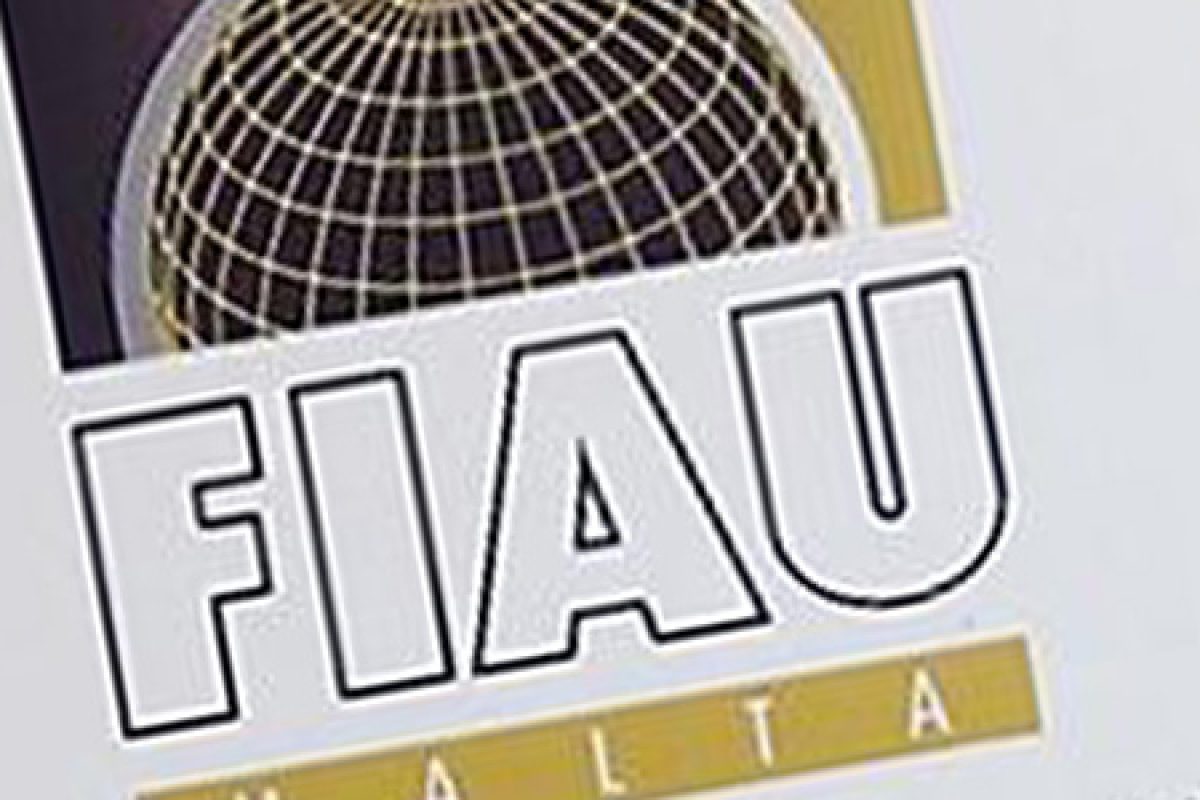Investigations into Malta’s gaming sector could soon be stepped up in the wake of an anti-Mafia probe and European Union-wide legislative changes, Europe’s law enforcement agency said.
In a financial intelligence report, Europol said yesterday the recent inclusion of remote gaming in the EU’s anti-money-laundering laws could have a “significant effect” on the Maltese sector.
Shining a spotlight on the local industry, the report details how the Calabrian organised crime syndicate, the ’Ndrangheta, ran a €2 billion money-laundering operation through online betting companies on the island. The case, from 2015, rocked the gaming industry after six remote gambling companies were linked to the international investigation, along with a number of local property holdings.
Six suspected Mafia operators living on the island were extradited to Italy to face charges of using the gaming industry as a smokescreen to process money from cocaine trafficking and other illegal activities.
In the report, Europol said that the EU’s fourth anti-money-laundering directive, which came into force two months ago, had finally extended the scope of enforcement beyond brick-and-mortar casinos into the online gaming sector. The move follows the probe into ’Ndrangheta, dubbed Operation Gambling. A number of other large-scale investigations exposed how criminal organisations had infiltrated the gaming sector.
The legal reform, Europol said, would likely see a spike in reports referred to Malta’s Financial Intelligence Analysis Unit for investigation.
The report, which covered the period between 2006 and 2014, said the FIAU, the Maltese government’s anti-money-laundering unit, had received relatively few reports of suspicious transactions. Less than 1,000 reports of suspicious transactions were made in the period under review, and only 63 cases were investigated in 2007.
While the volumes reported in Italy and France, among other countries, appeared to reflect the size of their financial sectors, Malta was highlighted as receiving “very few” reports, given the size of its banking sector and offshore jurisdiction. According to the FIAU’s latest annual report, however, the trend has already started to shift.
Earlier this year, the unit said 2016 had seen an unprecedented increase in reports filed, 284 over the previous year, bringing the total to 565, up 101 per cent. Some 39 reports were sent to the police for further investigation on suspicion of money laundering and terrorist financing. The number represents a significant increase over previous years.
The Europol report also highlighted another way Malta was different to the rest of the pack. It said that while most of the EU’s financial intelligence units agreed that their own nationals were behind the majority of reports, in Malta the opposite was true.
The FIAU received about twice as many reports of suspicious activity involving accounts held by foreigners rather than Maltese nationals, the report said.
UK and Italian nationals were the most common suspects of wrongdoing in Malta.










